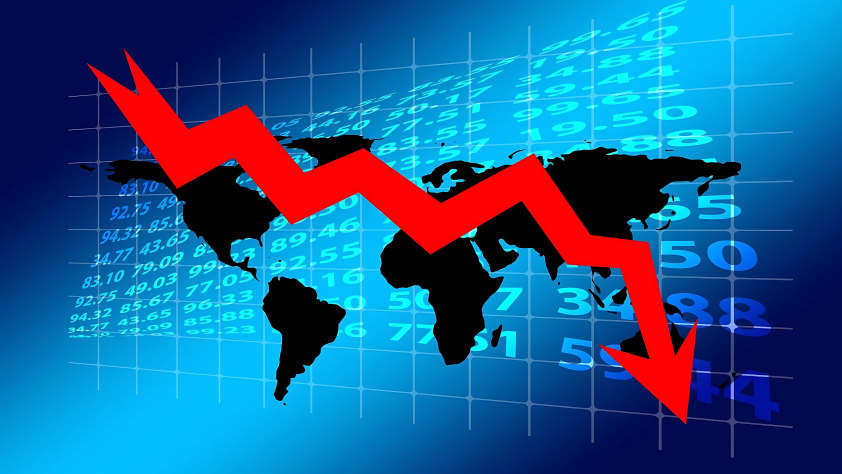
How small businesses can navigate global trade in an era of polycrisis
Micro, small, and medium-sized enterprises represent the vast majority of businesses worldwide and are vital to global employment, yet they face significant barriers to participating in international trade. These include limited access to finance, burdensome regulations, and inadequate digital infrastructure—issues that have only been intensified by a range of global crises including economic instability, climate change, and geopolitical tensions.
To address these challenges, international efforts led by the WTO’s Informal Working Group on MSMEs have focused on improving transparency, access to trade information, and simplifying regulatory environments. As the global economy navigates a polycrisis, MSMEs need more than reactive measures—they require a proactive, inclusive, and well-coordinated international approach that ensures they are not left behind. This includes more inclusive trade policy development, scalable financial tools, accelerated digital adoption, and sustained investment in capacity-building to help MSMEs thrive in global markets.
More: https://www.weforum.org/stories/2025/05/small-businesses-msmes-global-trade-polycrisis/
Related Post
Energy Prices and Their Impact on...
The structural disparity in electricity costs when compared to the European average is a growing concern for micro and small businesses thro...
First Report by the Observatory on...
The First Report by the Observatory on SMEs and Capital Markets highlights that Italian SMEs increasingly see capital markets as an opportun...
OpenAI launches new AI Accelerator for...
OpenAI has launched the EU Economic Blueprint 2.0, introducing a new set of initiatives aimed at accelerating AI adoption across Europe and ...







